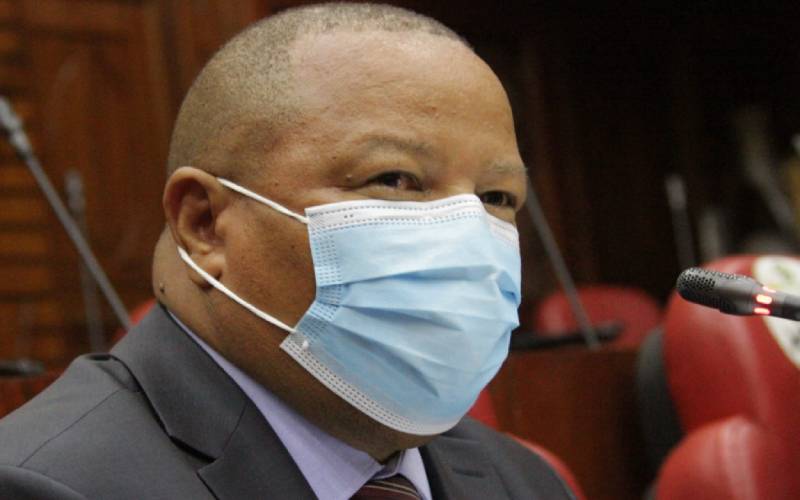×
The Standard e-Paper
Home To Bold Columnists

Equity Bank's Managing Director Gerald Warui appearing before the National Assembly's Finance Committee on Wednesday, August 25, 2021. [David Njaaga, Standard]
Equity Bank has said it did not give deported Turkish national Harun Aydin a loan of Sh15 billion.